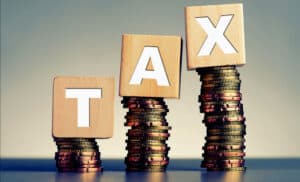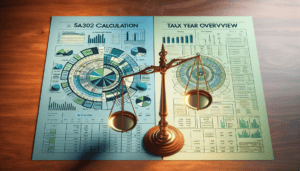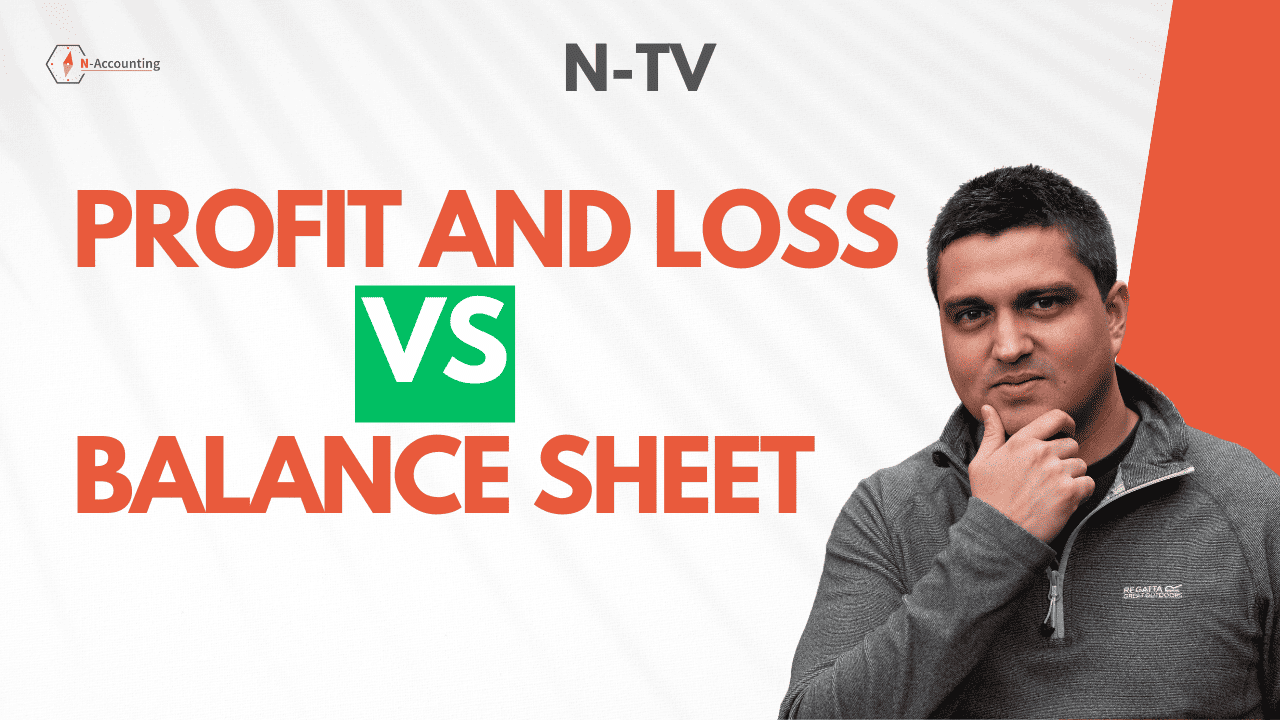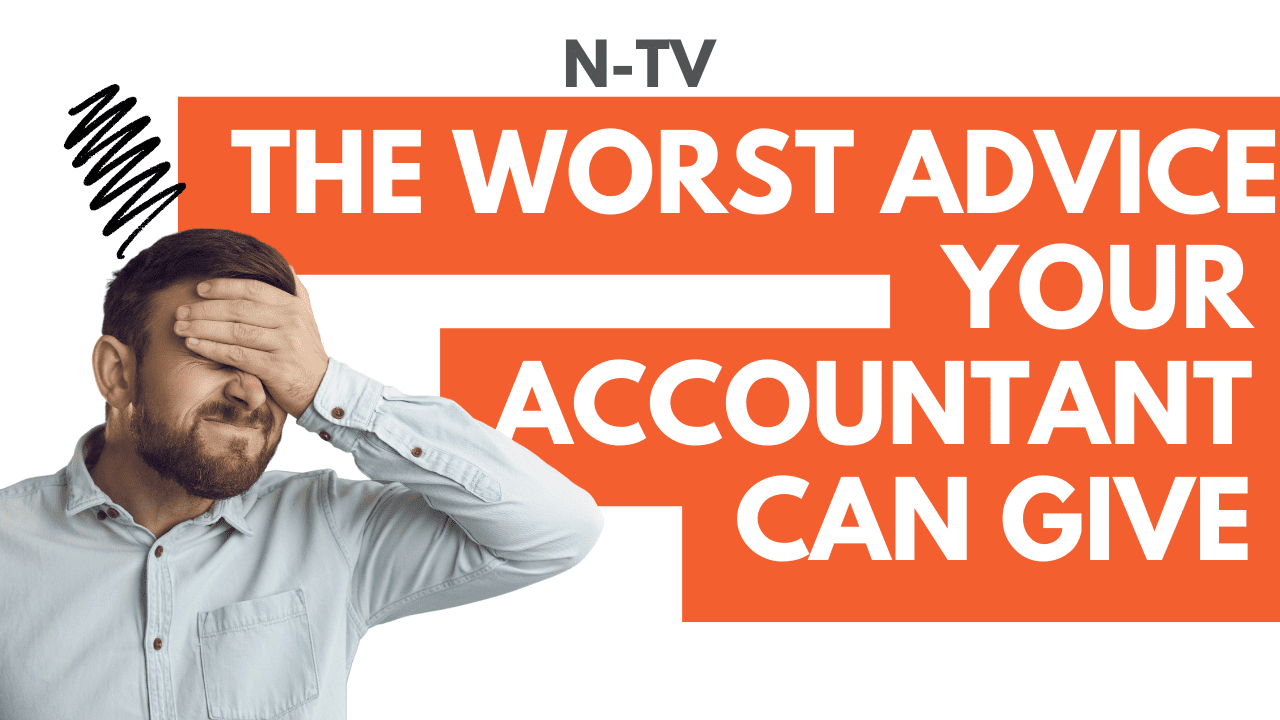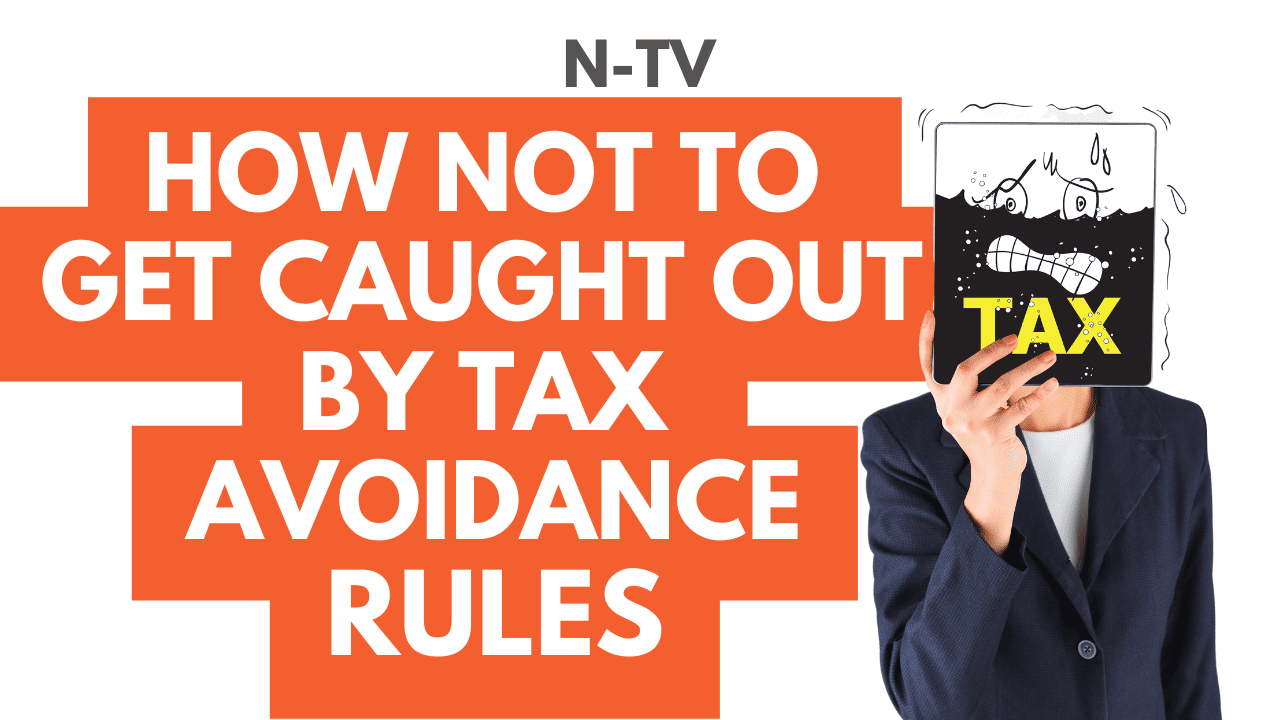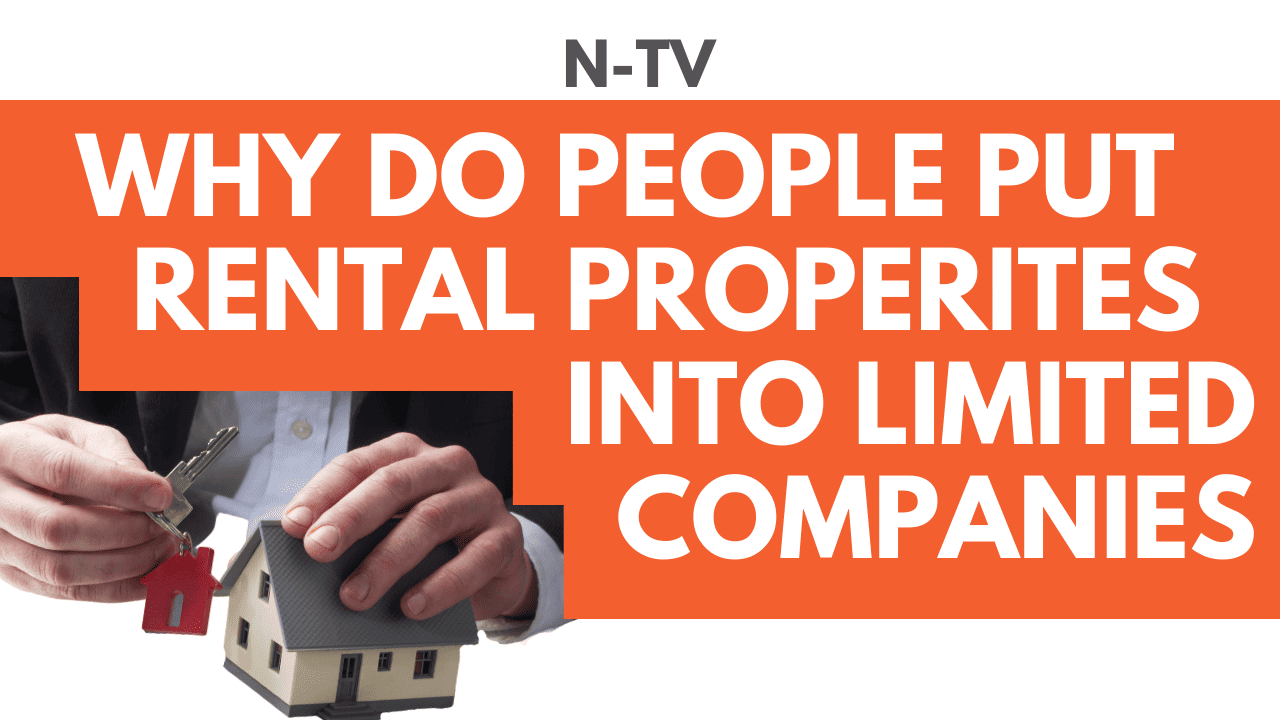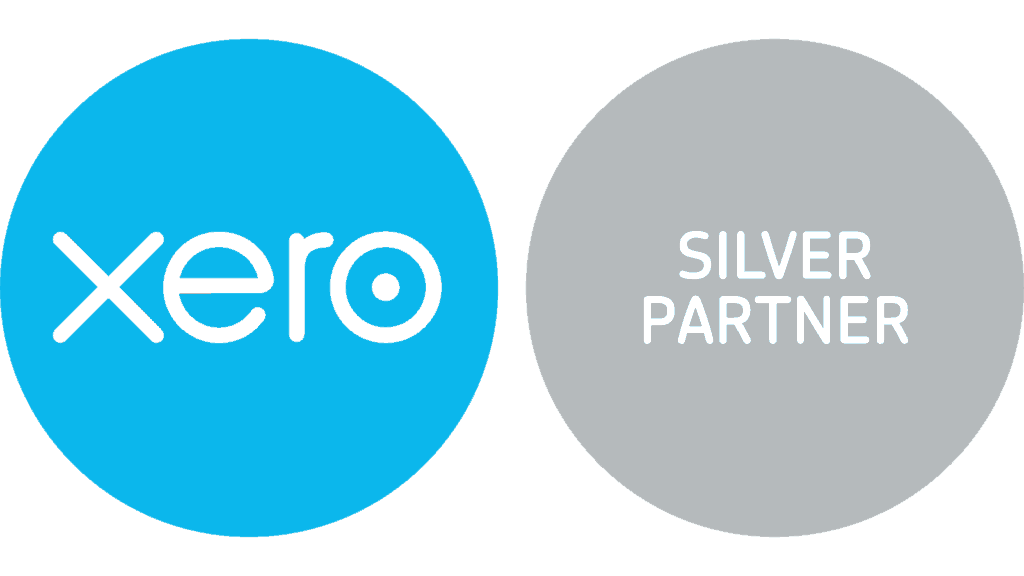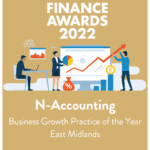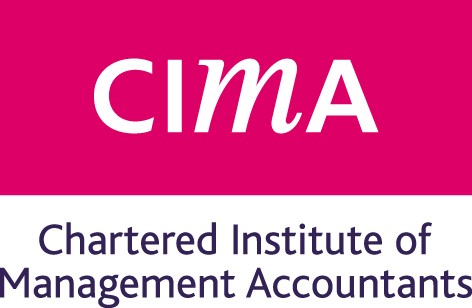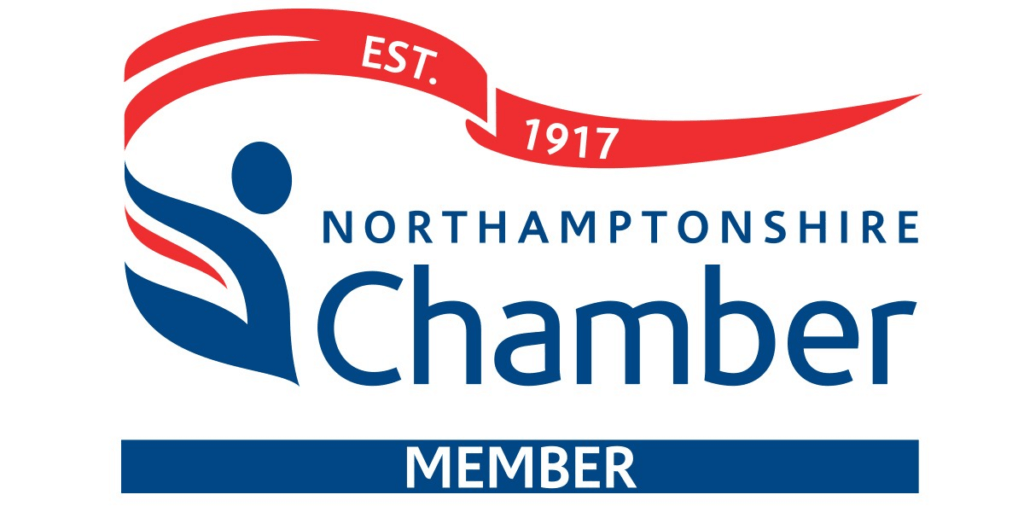Taxes give us all a headache. They are best left to the experts. Taxes can get complicated and you do not want anything going wrong, should the tax man come knocking. Calculating your taxes is complicated and to top it off there are various types of taxes. While you should be liaising with a tax consultant to file your taxes, you need to have some basic knowledge of the different kinds of taxes.
The UK tax system is complex; it has the longest sets of tax codes in the world. There have been changes cause of the departure from the EU and some measures are yet to be updated because of Covid-19. Tax collection in 2019/20 were approximately £633.4 billion. Most of the taxes are progressive taxes, meaning that those with higher incomes pay a higher rate.
As one of the premier Milton Keynes accountants, we are fairly knowledgeable about the following taxes and believe every small business should have this knowledge. Knowing this can help you avoid unnecessary penalties that can be substantial. It’s pertinent to remember that your company’s tax obligations are dictated by your business structure, which also determines the dates your taxes will be due.
Income Tax
If you are listed as a sole trader and are under the age of 75, you will have to pay income tax on the profit earned. If the profit earned exceeds £12,500, only then are you supposed to pay tax on it. This is the personal allowance you are permitted to take from your profits without paying tax on it. In case you have a secondary income, like salary from a job, this threshold will not be valid anymore. It is common for people to have side businesses along with jobs, in such cases your personal allowance threshold changes to account for the money you make from your job.
HRMC has a system in place to male tax collection easier called PAYE. If you have a job and earn a salary or if your business is a limited company, you could pay income tax on any salary or dividends you take from the company. Whether you pay income tax, and how much you pay, depends on how much you take out.
In case you have limited liability company, you would have to pay income tax on any salary or dividends you take out for yourself from your company. Your tax would depend on the amount you designate as your salary. Many accountants in Milton Keynes can help you with your income tax and how should your salaries and dividends appear in your statements as a sole trader or limited company.
National Insurance
Every small business has to pay this to build up their pension plan and to pay for public services. If you are a director, it will be paid through PAYE, while sole traders have a little different way to pay this.
Sole traders have to pay two types of national insurance. There is a weekly fixed amount to be paid but your profits have to above the small profits threshold of £6025. This threshold is also known as class 2 NI. If your profits are lower than the threshold you can choose to still pay class 2 NI. This will help you claim pension and state benefits later on.
When you profit exceeds £8164, the other type of National Insurance is payable. This type of NI is referred to as Class 4 NI and unlike class 2 NI it is a percentage of your profits. National Insurance from April 2019 was set at 12% for pay £8,632 to £50,000 and 2% for any pay over £50,000. If your business is a limited company, and you are paid a salary, then it will have to deduct Class 1 employee’s NI from your wages and pay that over to HMRC. While all this may seem complicated, you could always look up accountants in MK for expert advice. They know the tax laws like the back of their hand.
Corporation Tax
Corporation tax is to be paid by only limited companies on the profits made over the financial year. Sole traders are exempt from corporation tax. Income tax is paid only after you reach a certain profit threshold, but corporation tax has to be paid on every penny earned as profit. You are not liable to pay only if you are not making any profits. As there is for sole traders, there is no equivalent for personal allowance for limited companies. The current rate for corporation tax for limited companies is 19%.
Corporation tax needs to be paid 9 months and one day after your business’s accounting period ends. Accounting period ends on March 31st, so you need to submit the corporation tax by January 1st.
VAT
Value added tax is payable if your company has a VAT taxable turnover greater than £85000. This regardless of the type of your enterprise. VAT is levied on everyone, it does not matter whether the company is a partnership, LLP, sole trader or a limited company. There are three VAT rates which are standard rate at which is 20%, the reduced rate which is 5% and the 0% rate. Not all goods are eligible for VAT, the type of good you sell dictates the VAT rate and you have to be a Vat registered business. These have been the set rates for almost ten years starting from 2020.
These rates depend on the type of goods that you sell and whether they are eligible for VAT or not. Currently under ‘Making Tax Digital ‘scheme, digitalisation of taxes has been implemented only for businesses that have a VAT turnover of above £85000. More on this later. If you do need to pay VAT, it needs to be paid quarterly, with VAT returns submitted to HMRC within 37 days of the end of the quarter.
Business Rates
If you operate from a retail space or have an office space, you need to pay business rates. Business rates are like council tax and businesses that use farm buildings and other properties eligible for subsidy may be entitled to business rates relief. If you have a home run business, you do not need to pay this, but if you have employees coming over to work there as well, you might have to pay business rates and council tax.
If you are selling goods or services from your home to visiting customers, you might not be exempt from business rates. Also, if you have a separate working space in your home like you have created an office in your garage, or your property is part business and part domestic, for example you run a pub and live above it, you might still qualify to pay business rates.
Dividend Tax
If you have a limited company, you would naturally be distributing the profits among all shareholders. The profit is distributed after all taxes and expenses are cleared and is known as a dividend. National Insurance Contribution is not payable on dividends and if they are not given away to shareholders and are kept in the bank account of the company.
There are two ways to make money out of a limited liability company that you have invested in. You can sell it off for a profit after it increases in value or you can receive dividends from the profits the company makes. Just as every other income, your dividends are also liable to taxes. Previously, dividends did not have tax levied on them because the company had already paid its taxes. As of now, the rate of tax on dividends varies to the income tax rates you pay on savings interest, your pension or your salary.
The good news is that you receive a tax-free dividend income allowance, which means you can potentially earn thousands of pounds through dividends before you pay tax.
How You Should Pay Dividend Income Tax
The threshold for dividend tax that has been decided is £5,000 in dividends. You do not have to pay a penny in taxes as long as your annual dividends are below that threshold. You do not need to inform HMRC and enjoy your income from dividend as you deem fit.
If your dividend increases and is between £5,000 and £10,000, you’ll have to pay tax to the HRMC. You can get HMRC to make adjustments in your tax code so that the tax is taken from your salary or pension OR you can fill out a self-assessment tax return.
If you are making more than £10,000 by way of dividends, you will be required to complete a separate tax return for the HRMC. If you are finding this complicated, many an accountant in MK should be able to simplify the process for you.
Making Tax Digital
Making Tax Digital is an initiative by the HRMC to make the tax process more efficient and easier for tax payers. It is a key part of the government’s plans to make it easier for businesses to keep on top of their taxes. Since the announcement, this digital initiative has been rife with controversy. Most businesses have been oblivious to what it entails especially after the constant industry wrangles over timelines and cost to business. Currently MTD is being used for VAT. MTD for Income Tax goes live in 2023 and for Corporation Tax in 2026.
VAT-registered businesses with a taxable turnover above the VAT threshold (£85,000) are now required to keep digital records and use software to submit their VAT returns. You can join the MTD voluntarily even if you do not qualify for VAT. VAT-registered will be required to follow Making Tax Digital rules for their first return starting on or after April 2022.
We have found people to be mostly accepting of the MTD. Whether business owners, agents or software providers, people have been supportive of the thought process behind the initiative. It will work towards streamlining administration time for businesses and everyone should be able to get their taxes right the first time.
If you lack digital experience, then you will benefit from expert accountants in MK, like us, who will have a plethora of business and tax related advice that will help you plan your way forward. Lack of digital experience is a business threat now that MTD will slowly phase up and it needs to be managed now. The whole point of MTD is to improve accuracy in digital records and with the help of the software designated, information is directly sent to the HRMC. This avoids transposition errors and help avoid the amount of tax lost because of such avoidable errors.
The biggest financial concern for any small business is to ensure their taxes returns are filed on time and as correctly as possible. The calculations of these taxes is complicated and understanding the intricacies of taxation can be quite daunting. Hiring the right accountants is not a luxury but a necessity considering the importance of getting your taxes right. You do not want to pay a penny more nor a penny less than what you owe the Exchequer. If you are in any doubt about what taxes your business might be subject to and when you might have to pay them, speak to your accountant or HMRC for help.
Taxes can be taxing, and if you are looking for accountants in Milton Keynes, we can help you. To find out more, get in touch with us today!




